How does a pushrod dilatometer work?
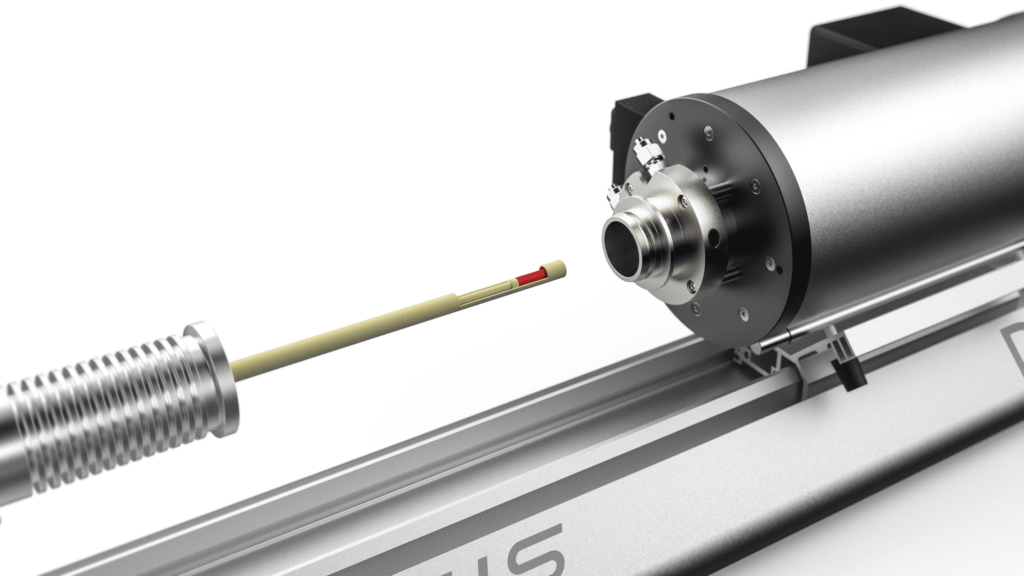
A dilatometer is a measuring device for recording the thermal expansion of a material sample. The thermal expansion coefficient (CTE = Coefficient of Thermal Expansion) is calculated from the measurement results.
Crystallization and recrystallization of polymers

The properties of solids depend to a large extent on the arrangement of the particles (atoms and molecules) that make up the substances. If the arrangement is random, the substances are amorphous. In crystalline substances, the particles are arranged at regular intervals and in a fixed pattern.
Curing in thermal analysis

Materials that are processed in a liquid aggregate state generally require a certain amount of time to harden.
Specific heat capacity (Cp) with modulated DSC

The specific heat capacity (cp), often referred to as specific heat, is a fundamental thermophysical property of a material. It says something about the ability to store thermal energy.
Measurement of the specific heat capacity (cp) using the transient hot wire method
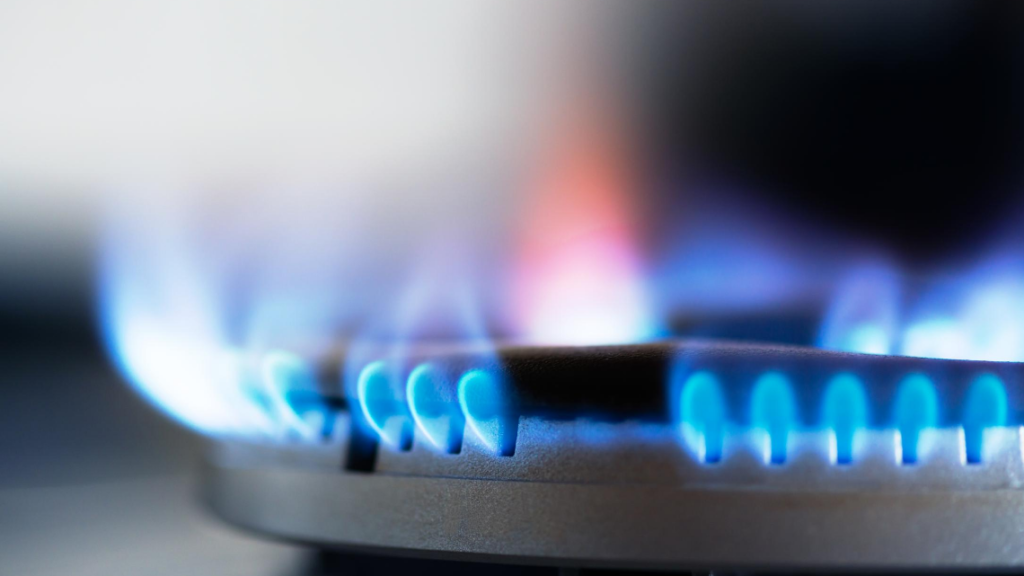
The specific heat capacity is a fundamental thermophysical property of materials and is useful for assessing materials and their areas of application. It can be determined using dynamic differential scanning calorimetry (DSC).
Characterization of photovoltaic materials by measuring the Hall voltage

Characterization of photovoltaic materials – The charge carrier mobility in semiconductor materials is an important parameter for their usability in solar cells.
How to correctly calibrate a Differential Scanning Calorimeter
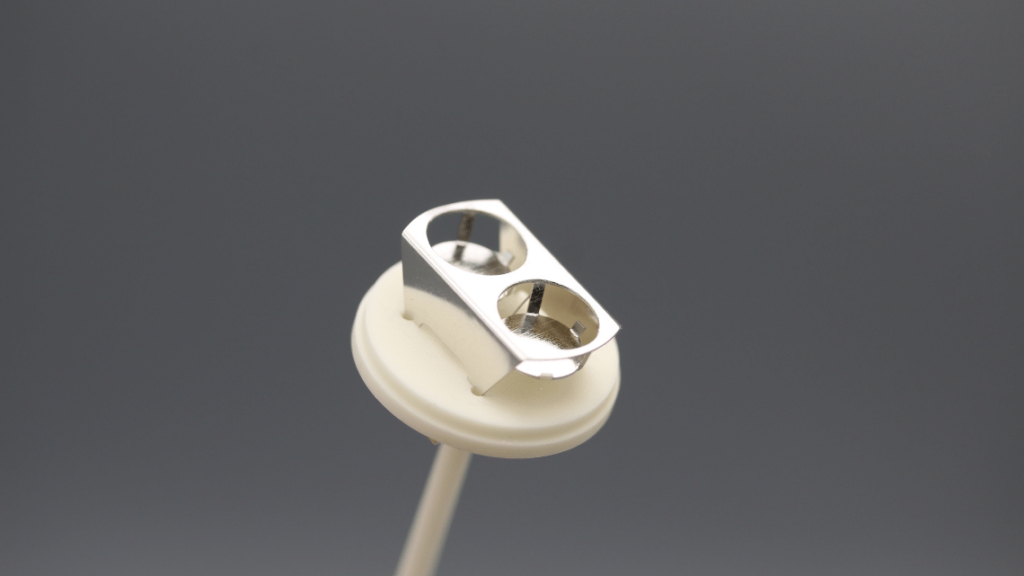
Correct calibration of a DSC – Why is correct calibration so important? Thermoanalytical measurements are often used in quality assurance;
Melting point, crystallization, and glass transition in polymers
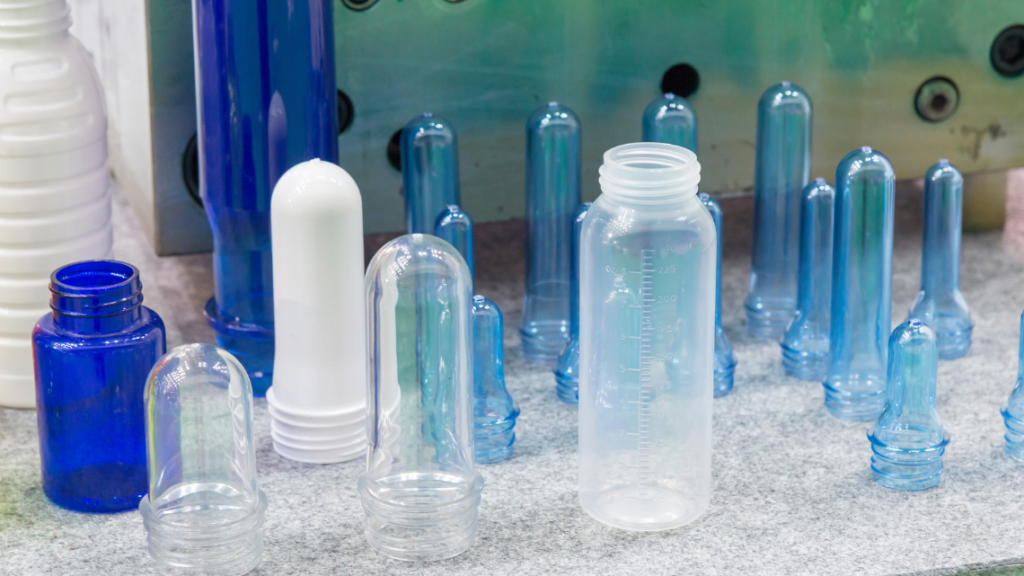
Melting point, crystallization and glass transition in polymers – The change in the aggregate state of a solid from solid to liquid is called melting.
Measuring Specific Heat Capacity (cp) using Laser Flash Analysis (LFA)

The specific heat capacity cp, thermal diffusivity a and thermal conductivity λ are important thermophysical material properties for characterizing the thermal conductivity of materials.
Phase transitions with dilatometer
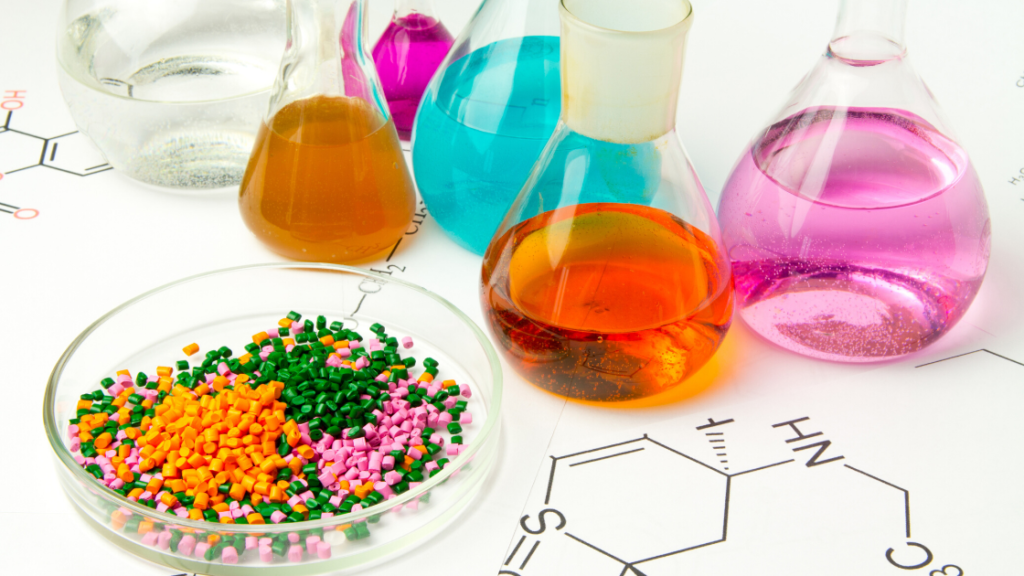
A dilatometer can be used to determine phase transitions in materials, as a phase change is also accompanied by a change in the coefficient of thermal expansion (CTE) of the material.
